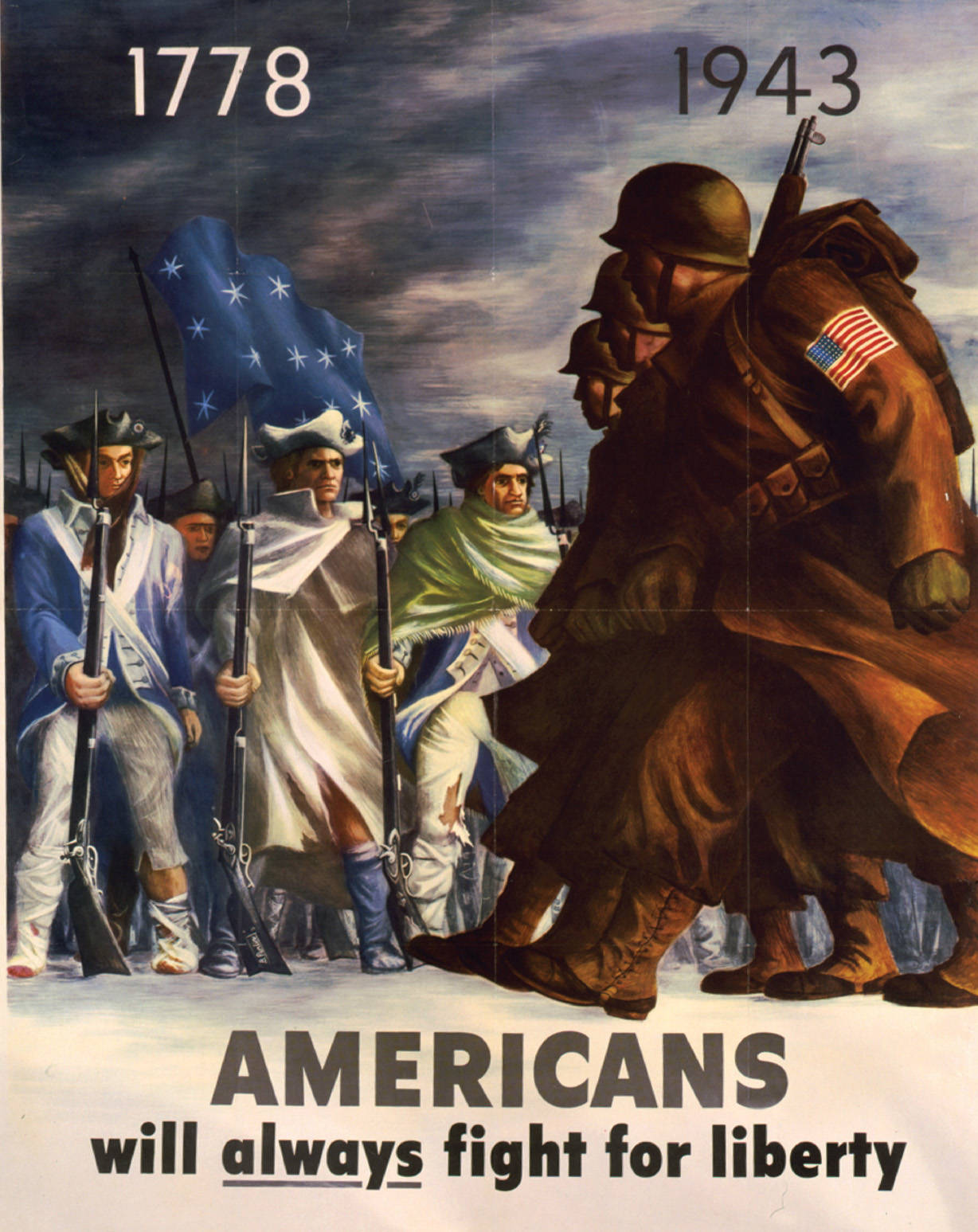Introduction
CHAPTER TWENTY
Collapse at the Center
World War, Depression, and the Rebalancing of Global Power
1914–1970s

“I was told that I was fighting a war that would end all wars, but that wasn’t the case.” Spoken a few years before his death, these were the thoughts of Alfred Anderson, a World War I veteran who died in Scotland in November 2005, at the age of 109. He was apparently the last survivor of the famous Christmas truce of 1914, when British and German soldiers, enemies on the battlefield of that war, briefly mingled, exchanged gifts, and played football in the no-man’s land that lay between their entrenchments in Belgium. He had been especially dismayed when in 2003 his own unit, the famous Black Watch regiment, was ordered into Iraq along with other British forces.1 Despite his disappointment at the many conflicts that followed World War I, Anderson’s own lifetime had witnessed the fulfillment of the promise of the Christmas truce. By the time he died, the major European nations had put aside their centuries-long hostilities, and war between Britain and Germany, which had erupted twice in the twentieth century, seemed unthinkable.
THE “GREAT WAR,” WHICH CAME TO BE CALLED THE FIRST WORLD WAR OR WORLD WAR I (1914–1918), effectively launched the twentieth century, considered as a new phase of world history. That bitter conflict—essentially a European civil war with a global reach—provoked the Russian Revolution and the beginnings of world communism. It was followed by the economic meltdown of the Great Depression, by the rise of Nazi Germany and the horror of the Holocaust, and by an even bloodier and more destructive World War II, a struggle that encompassed much of the world. During those three decades, Western Europe—for more than a century the dominant and dominating center of the modern “world system”—largely self-destructed, in a process with profound and long-term implications far beyond Europe itself. By 1945, an outside observer might well have thought that Western civilization, which for several centuries was in the ascendancy on the global stage, had damaged itself beyond repair. Certainly the subsequent emergence of the United States and the Soviet Union as rival superpowers marked a very different balance of global power.
SEEKING THE MAIN POINT
In what ways were the world wars and the Great Depression motors of global change in the history of the twentieth century?
In the second half of the century, however, European civilization proved resilient. Western Europe recovered remarkably from the devastation of war, rebuilt its industrial economy, and set aside its war-prone nationalist passions in a loose European Union. But as Europe revived after 1945, it lost both its overseas colonial possessions and its position as the political, economic, and military core of Western civilization. That role now passed across the Atlantic to the United States, marking a major change in the historical development of the West. The offspring now overshadowed its parent.
A Map of Time
| 1914–1918 | World War I |
| 1917 | Bolshevik Revolution in Russia; United States enters World War I |
| 1919 | Treaty of Versailles ending World War I; founding of Nazi Party |
| 1920 | Treaty of Sevres, dissolving the Ottoman Empire |
| 1922 | Mussolini comes to power in Italy |
| 1929 | Beginning of Great Depression |
| 1933 | Hitler assumes power in Germany |
| 1937–1938 | Japan invades China, beginning World War II in Asia; Rape of Nanjing |
| 1939 | Germany invades Poland, beginning World War II in Europe |
| 1939–1945 | World War II; the Holocaust |
| 1941 | Japanese attack on Pearl Harbor |
| 1945 | Atomic bombing of Hiroshima and Nagasaki; United Nations created |
| 1945–1952 | U.S. occupation of Japan |
| 1947–1991 | Cold war |
| 1948–1952 | Marshall Plan for Europe |
| 1957 | European Economic Community established |
| 1994 | European Union established |
| 2002 | Introduction of the euro |